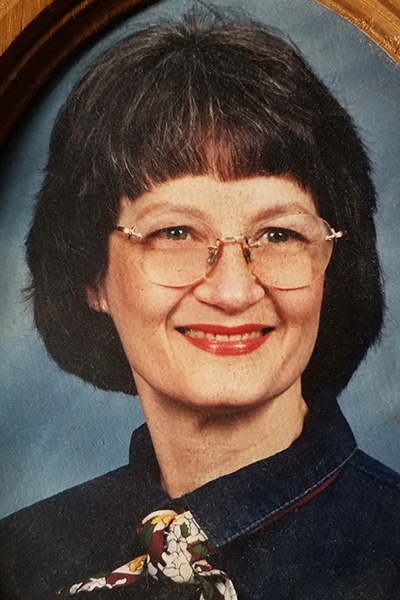
The Rev. Carolyn L. R. Bittner.
Photo courtesy of the Rev. Carolyn L.R. Bittner.
Though I had been trained from an early age that the "N" word was a very bad word that must never escape my lips under any circumstances, I don't remember seeing a person of color at school or anywhere else until I was in fourth grade. That year there was a Hispanic boy in my class, but he was not considered "colored." I still remember his name and how we mispronounced it.
In sixth grade, I changed schools and there were two African American girls in my grade — the best softball players in the entire two-unit school. That year I had been unable to have a birthday party in January, my birth month. My mother promised me that as a consolation, I could have a party on the last day of school and invite the entire sixth grade rather than the few girlfriends I usually invited.
Commentaries
I told her I wanted to have a swimming party and take everybody to the pool, because I couldn't ever do such a thing in January. She looked at me for a moment and then said, "Well, you know, if you do that, Marcia Watson and Karen Merriwether won't be able to come."
"Why not?" I asked blankly. It was then, for the first time in my 12 years of life, that I learned about segregation. This was Arkansas City, Kansas, where there were two swimming pools. I took my swimming lessons in the one closest to my home and never noticed that all the people swimming there were white, and never wondered who went to the other swimming pool not too far away.
After my mother's explanation, I was incredulous. All I could say was "Why?"
She said, "Well, I don't know, but that's just the way it is."
My solution was to have a weenie roast in my grandmother's big back yard. With my current adult mind, I wish my mother had been willing to show up at "our" swimming pool with 40 children, two of them Black, and make the attempt, taking all 40 away if Karen and Marcia were refused entry. Perhaps it would have sped progress along.
To read more reflections on racism or submit your story, visit our landing page, We are God's family: Personal Encounters with Racism.
Bittner is a retired elder in the Iowa Conference.
Like what you're reading? Support the ministry of UM News! Your support ensures the latest denominational news, dynamic stories and informative articles will continue to connect our global community. Make a tax-deductible donation at ResourceUMC.org/GiveUMCom.



